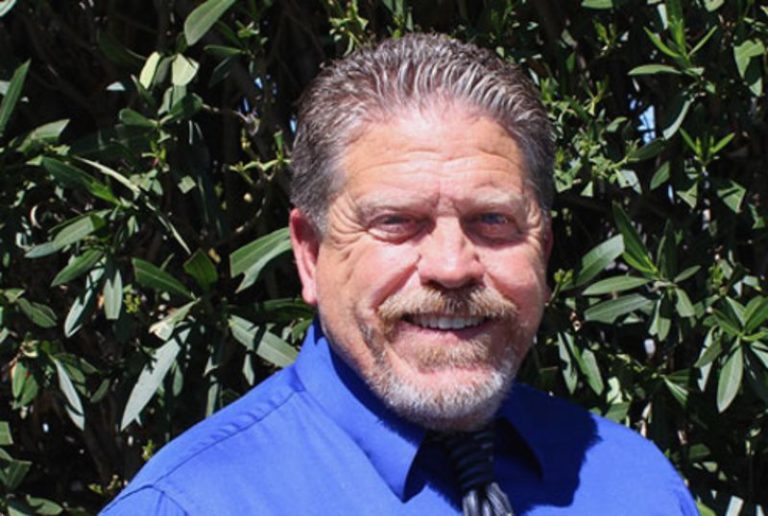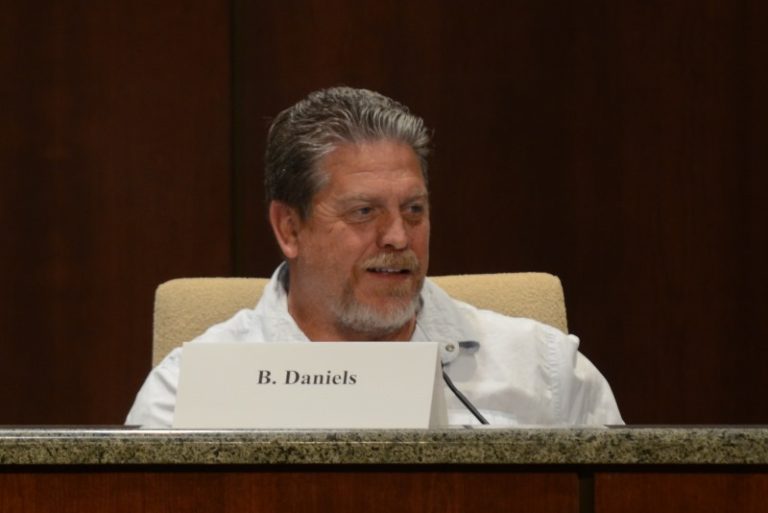Bret Daniels

Citrus Heights News Briefs: MOB, vacancies, development, Hawaiian food
Latest local news briefs include an update on the medical office building project on Greenback Lane, a new Hawaiian Cafe on Auburn Boulevard, controversy over a planning commission appointment, and an update on Watt Communities’ proposed 261-unit development.…

Citrus Heights News Briefs: guns, hot dogs, knife call, holiday hours, retiree
Latest news briefs include Hot Dog on a Stick opening at Sunrise Mall, a councilman’s call of support for concealed weapons permits, another senior city staff retirement, a heavier-than-usual police response on Raintree Drive, and an update on…

Bret Daniels’ election to city council called ‘a shocker’ by Citrus Heights leaders
Donald Trump’s victory was not the only surprise in Tuesday’s election. From “surprised” to “shocked,” Citrus Heights city council members and community leaders weighed in with their reaction to candidate Bret Daniels winning election to the council on…

Bret Daniels on the issues, in his own words
Bret Daniels, 56, is a former Sacramento County Sheriff’s Deputy and current president of “Our Fallen,” a local nonprofit that works to help families of fallen officers. Daniels previously served on the Citrus Heights city council from 1999…

Citrus Heights city council candidates on the issues, in their own words
In the interest of providing voter information and fair election coverage, The Sentinel has given all eight Citrus Heights city council candidates an equal opportunity to submit written statements on a variety of local issues. Seven of the…

Fact Check: candidate claims Citrus Heights among top ‘least safe’ cities; but is it?
The claim: “There’s a dirty little secret about Citrus Heights and that is that we are in the top 100 of least safest cities in California… we have to do something to change that.” – Bret Daniels, candidate…

Likely voters list 4 top candidates after Citrus Heights council forum
A survey of likely voters who attended a Monday-night Citrus Heights city council candidate forum narrowed a field of eight candidates down to four — with attendees notably naming the youngest candidate in the room among their top…

Meet Bret Daniels, candidate for Citrus Heights city council
Q: Why are you running for city council? A: “Citrus Heights has been my home forever and it will continue to be so. I love this city. We have seen so much progress since becoming our own city…

Meet the 8 candidates running for Citrus Heights city council
Updated Sept. 11, 12:58 a.m.– This November, Citrus Heights voters will have an opportunity to select two candidates from a diverse and crowded race of eight local residents who are all seeking a seat on the city council.…

2016 election: Citrus Heights city council race begins to take shape
With an Aug. 17 filing deadline now passed, a total of eight Citrus Heights residents have qualified to run for one of two city council seats up for election this November. Names confirmed for the November ballot include…



